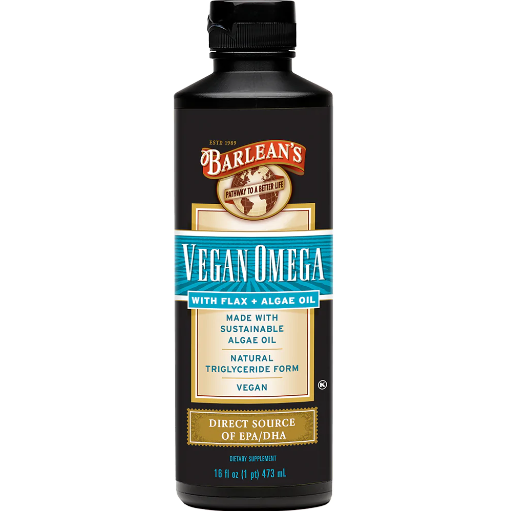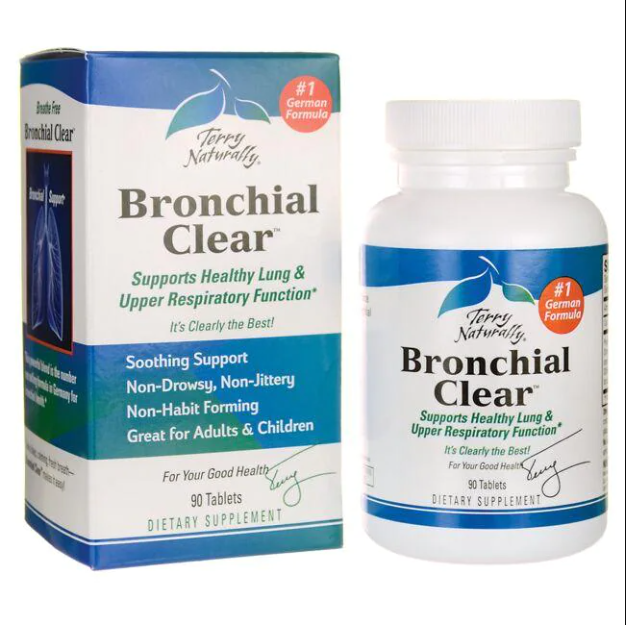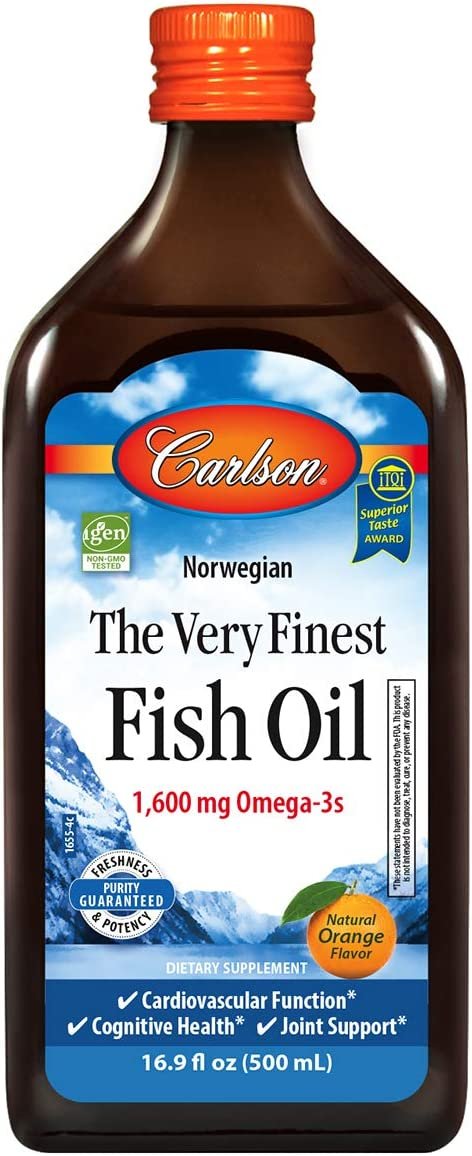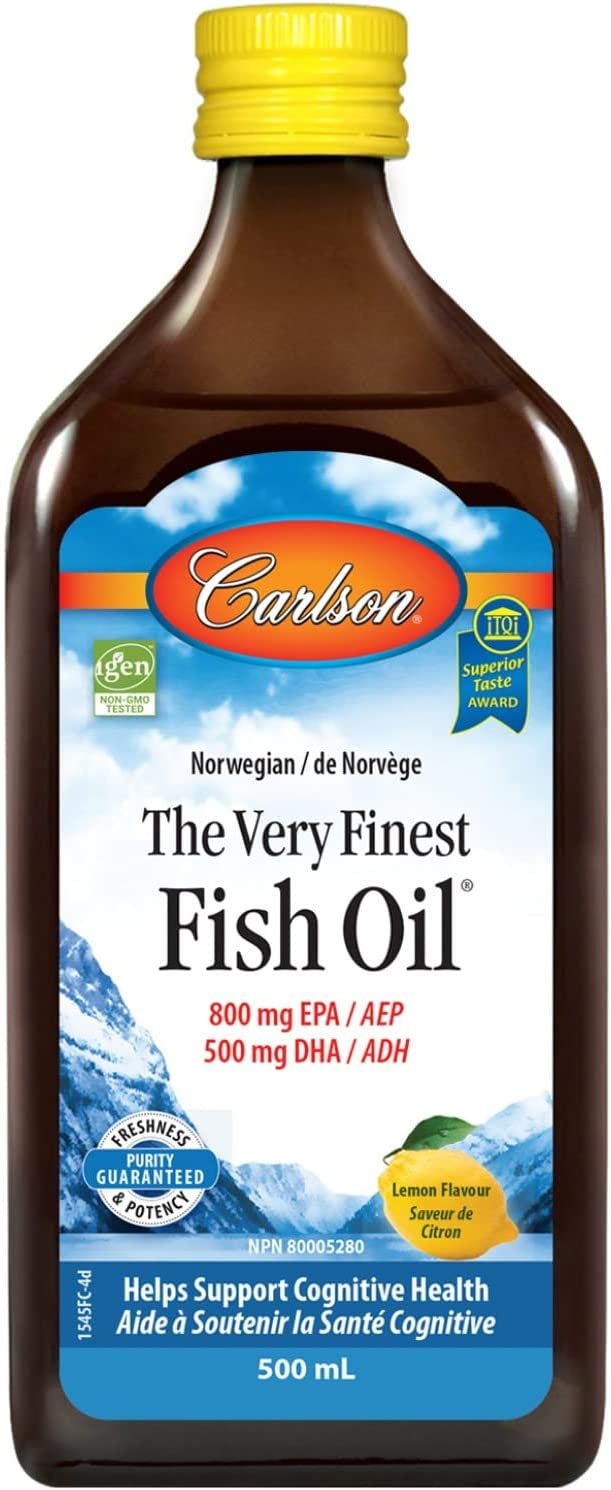An overactive bladder and the feeling of reduced bladder volume are problems that many men and women deal with once they near middle age, where they may feel like they need to use the bathroom more frequently, particularly at night. Night wakening due to feeling a full bladder is very common, and it disrupts sleep, which makes things even worse.
There is an herb that has shown benefit in studies to help with overactive bladder and in reducing nighttime urination, the extract from a plant called angelica, a flower that grows wild in Iceland and other Nordic countries. I remember reading about angelica a number of years ago and its benefits for bladder control, though at the time we didn’t have a trusted source for finding it in supplement form.
A few months ago, however, I saw an advertisement for an angelica supplement called Bladder Health by one of the brands we carry, Terry Naturally. Even better, this new product had clinical research behind it showing that people who had used it had three times better bladder control than those in the placebo group!
I was excited to try it, since I’m already not a great sleeper, but for quite a while now I’d been having consistent problems with waking up in the night to use the washroom. Now, I’m sure if I stopped drinking hot tea in the evenings that would help, but evening and before bed are my favorite times to have a relaxing cup of tea. Still, waking up in the middle of the night to use the washroom is not anyone’s idea of a good time.
We brought some of the new Bladder Health product in and I started using it, and I have to say that I’ve been extremely happy in how well it’s worked. In the past, I would wake up once, sometimes even twice to use the washroom, and after using the Terry Naturally bladder health, for the most part I now can go the entire night without using the washroom. This is kind of an embarrassing subject to talk about, but I’ve been so happy the results that I wanted to share in case it helps someone else. I’ve been using it for several months now, just one capsule before bed. I think it was after a month or so that I noticed a difference, though I wish I had paid better attention to how long it was before I felt it was working since I don’t exactly remember. Now that it’s been several months, I can definitely see what a difference it’s made.
Now, no product works for everyone, even prescriptions, but I’d say it’s worth a try.
Men can sometimes experience frequent urination due to an enlarged prostate, something that is very common as men age. In that case, the herb saw palmetto can be helpful since it’s been shown in research to help with reducing benign prostate enlargement. When the prostate is enlarged it can put pressure on the bladder and urethra, causing frequent urination.
Frequent night urination can also be a symptom of a number of health conditions, including diabetes and high blood pressure, so as with any changes in your health, it’s a good idea to mention it to your physician at your next checkup.
If you have any questions, stop by the store so we can help you further. We’re at 7228 W. College Drive in Palos Heights.












